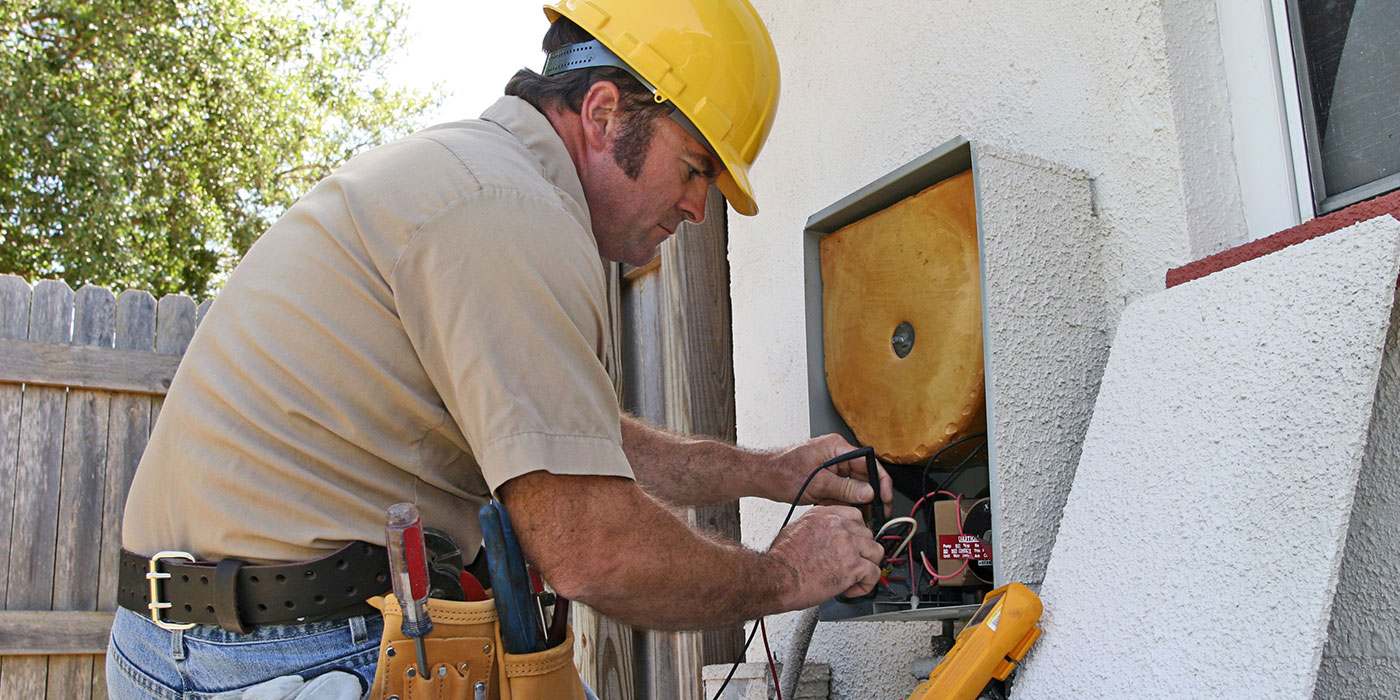HVAC/R Technician (Voucher Included)
Start Your Career in HVAC/R
HVACR is one of the most constant industries for new jobs, so there’s no better time to join. This course will prepare you for an entry-level role in the HVAC/R field. You’ll understand the basic requirements needed to earn a “work ready” certificate and start an apprenticeship.
During this HVAC/R certification program, you will learn from in-depth materials to understand HVAC/R service and repair, environmental challenges and solutions, and service call simulations that bring concepts to life.
From safety, tools, and equipment best practices to commercial and residential appliance fundamentals—this HVAC/R technician course is designed to help you succeed in your new career. You will thoroughly understand key HVAC/R topics, including heat, temperature and pressure, refrigeration and refrigerants, safety practices, tools and equipment, leak detection, system evacuation, refrigeration oil management, system charging, automatic controls, electric motors, and much more. Reinforce your learning by engaging in over 200 course simulations and challenges to test your knowledge and skills.
Prerequisites
This course is designed for students with little-to-no background in HVAC/R, so are no prerequisites to take this course. However, we recommend having a high school diploma or GED.
Program Length
The self-paced, 100% online program takes approximately 330 hours to complete. Course materials are available for 12 months upon purchase.
Tuition Costs
Enrollment in Sterile Processing Technician costs $3,185.
Voucher is included.

Course Objectives
- Understand basic components of the vapor-compression and refrigeration cycles, functions and characteristics of system refrigerants, piping operations.
- Learn proper installation and operation of HVAC systems.
- Understand EPA laws related to safe handling and transport of refrigerants.
- Proper recovery, recycling, and retrofitting of refrigerants.
Additional Information
About the Instructor
Mike Baker
Mike Baker has been an instructor since 2011. He was previously an HVAC Program Director at both Virginia College and Vista College. Baker was a HVAC technician for several decades and has experience hiring, training, and managing HVAC Technicians. He holds numerous HVAC Excellence certifications, several Green Mechanical Council certifications, an EPA 608 Universal certification, and Emerson Climate Technology certifications. He has served as both an HVAC Excellence Instructor and Exam Proctor.
Additional Information
HVAC/R Certification Exams
This HVAC/R certified technician program will provide the necessary information to pass the following entry-level certificate exams:
- HVAC Excellence ESCO Group: 20+ Employment Ready Certificates
- NATE: Ready to Work Certificate
- EPA 608: Section 608 Universal Technician Certification
Upon completion of this HVAC/R training, you will also receive a voucher package for the HVAC Excellence Employment Ready Certificate exam* that includes:
- 1 Employment Ready Certificate for Electrical
- 1 Employment Ready Certificate for Air Conditioning
- 1 EPA 608 Voucher
*Proctor fees may apply
View course description and more information on the purchasing page.
What does an HVACR Technician Do?
Heating, air conditioning, and refrigeration (HVACR) technicians, also called installers or mechanics, work on the systems that control the temperature, humidity, and quality of the air in our homes, workplaces, and all other types of buildings.
To become an HVACR technician, you will first have to work as an apprentice under a licensed technician for up to 2,000 hours. However, apprenticeships are competitive, so having formal training and a “work ready” certificate significantly improve your chances of success.
Does this course prepare me for work ready certificates?
Yes. This HVACR Technician Certification course will prepare you for entry-level work ready certificates:
- HVAC Excellence “Employment Ready” Certificate
- NATE “Ready to Work” Certificate
For job seekers just entering the HVACR field, a work ready certificates show prospective employers that you have a fundamental understanding of HVACR systems, maintenance and troubleshooting.
What is the Job Outlook?
- According the Bureau of Labor Statistics the employment of HVAC/R technicians is expected to grow 13% during the next few years, which equals 46,300 new jobs.
- The BLS also states that the average salary for these developers is just under $49,000 per year with top earners making nearly $78,000.
Support Just for You
Have questions? Contact Loyola’s Office of Professional and Continuing Studies to speak one-on-one with a member of our team.
